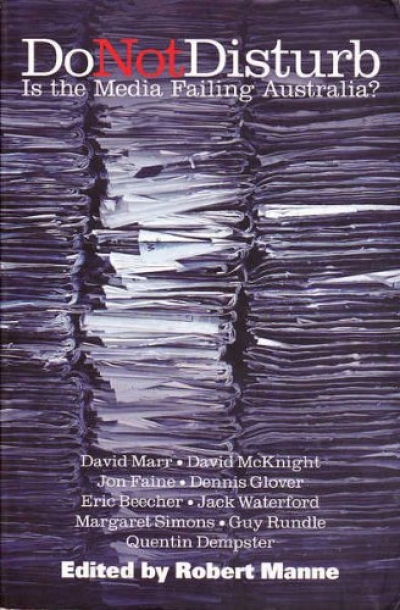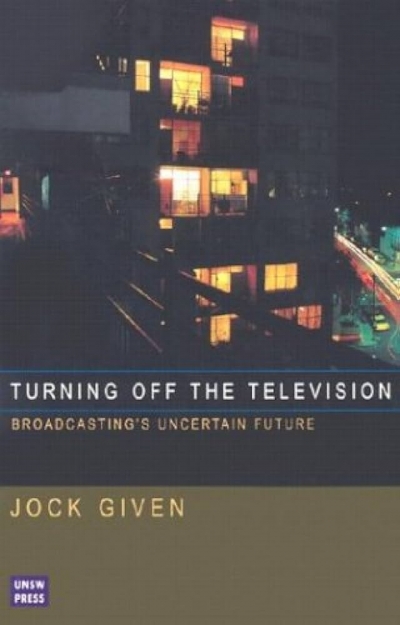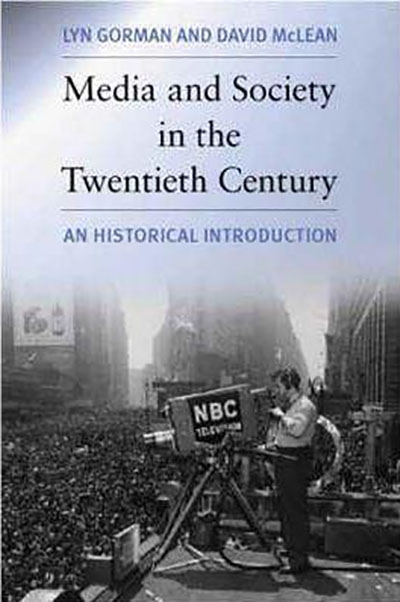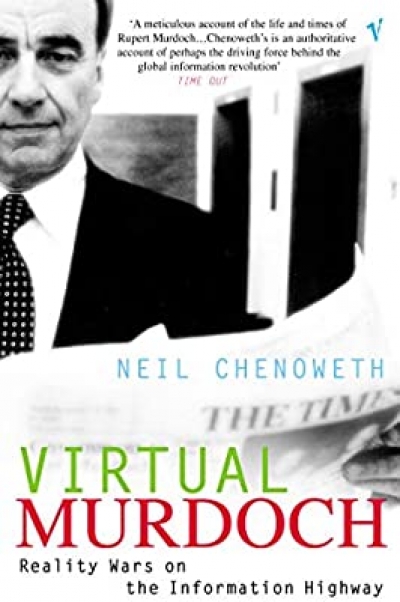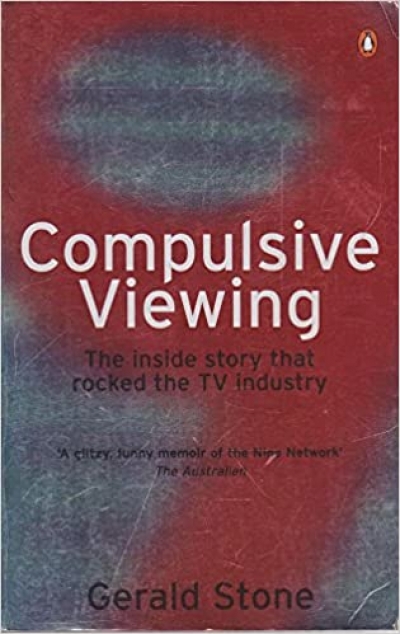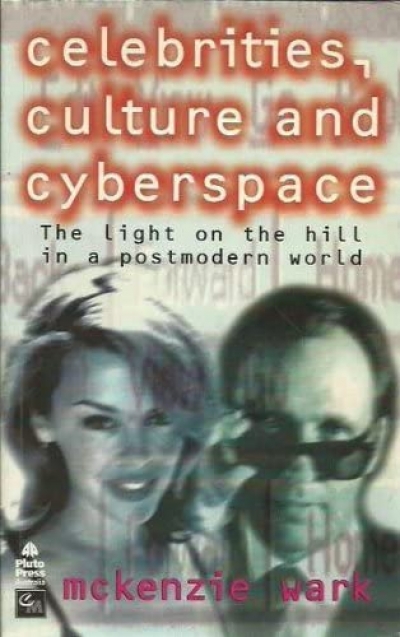Media
Australian historians admire Robert Menzies. Pardon? Aren’t historians, like the rest of the Australian academy, left-wing propagandists? Don’t they all loathe the prime minister’s political role model? Regardless of how historians view Menzies’ attitudes to the monarchy, appeasement, the middle class and the Communist Party, they have reached a consensus on one point: Menzies played a significant role in the consolidation and expansion of Australia’s university sector. When Ben Chifley laid the foundation stone of the Australian National University during the election year of 1949, Menzies refused to politicise the initiative; as prime minister in 1956, he appointed a committee to inquire into the plight of Australian universities and insisted on the provision of life-giving funds by the Commonwealth government under conditions which preserved university autonomy. As his biographer, A.W. Martin, notes, ‘Menzies’ support of universities, and the university life, was never at any time in doubt’.
... (read more)The Sydney Morning Herald has been ‘Celebrating 175 Years’ all year. The words adorn every front page; the Herald ran a number of commemorative features to mark the actual anniversary on April 18; and The Big Picture: Diary of a Nation, consisting of essays by journalists and photographs from the Herald’s magnificent photographic library, has been published (see John Thompson’s review in the March issue).
... (read more)An Indian fast-food outlet has named itself after Mahatma Gandhi and features a caricature of his face in neon lights. Tacky? Certainly. Only in America? Only in Australia, actually, or at least that’s what a major cable television channel would like to suggest.
... (read more)Do Not Disturb: Is the media failing Australia? edited by Robert Manne
Turning off the Television by Jock Given & Media mania by Hugh Mackay
Media and Society in the Twentieth Century: A historical introduction by Lyn Gorman and David McLean
Virtual Murdoch by Neil Chenoweth & Working for Rupert by Hugh Lunn
There are watchdogs and there are lapdogs. Watchdogs are alert. At the slightest movement, they growl. When they bite, it hurts. Lapdogs are alert – to their master’s moods.
... (read more)
